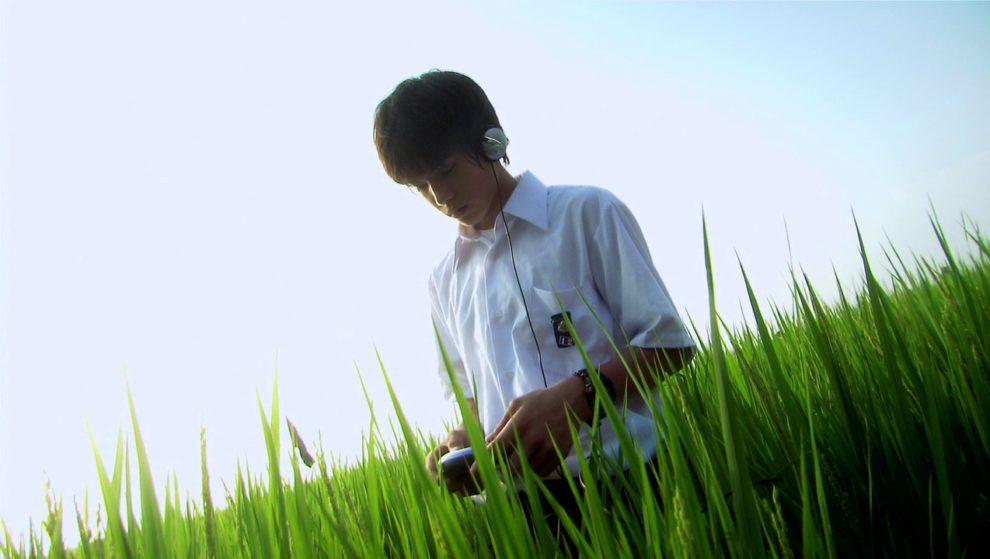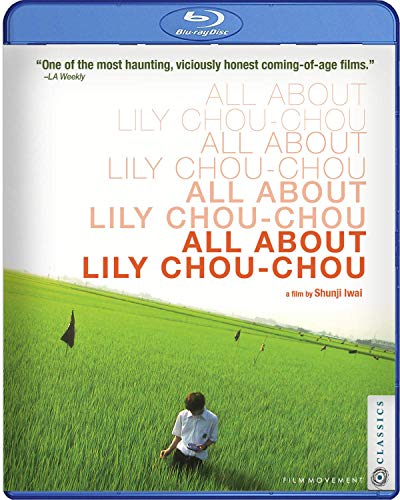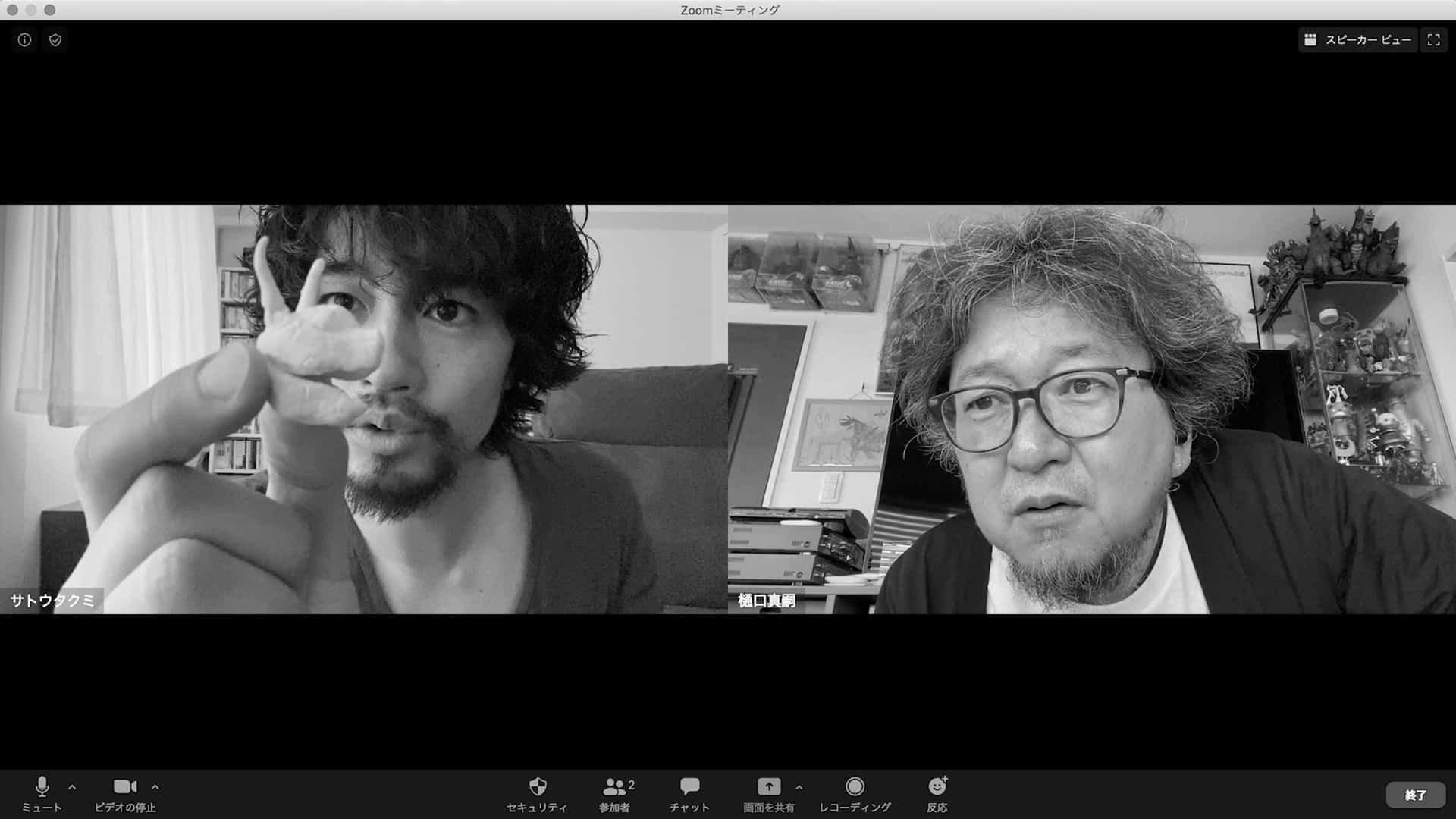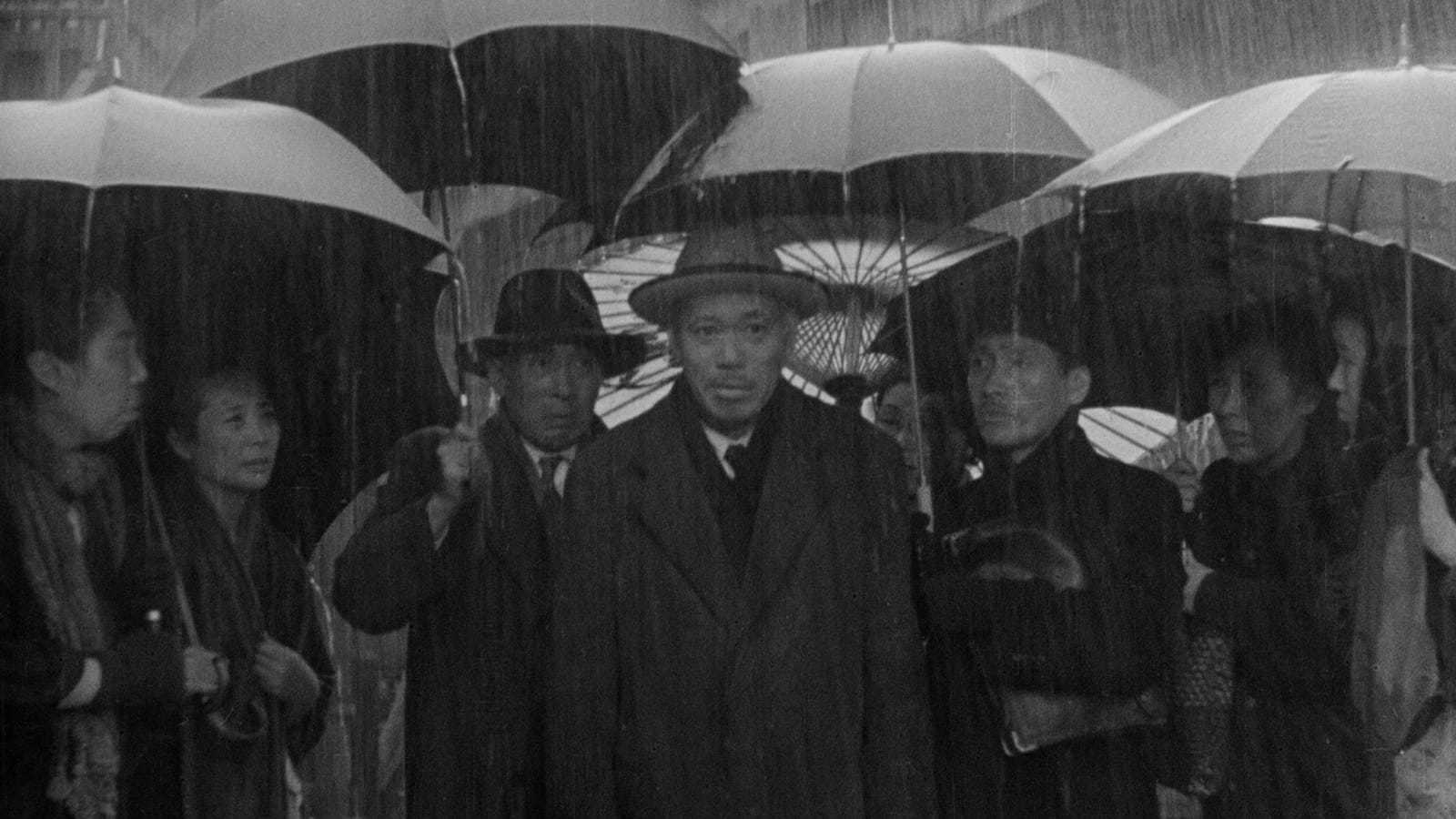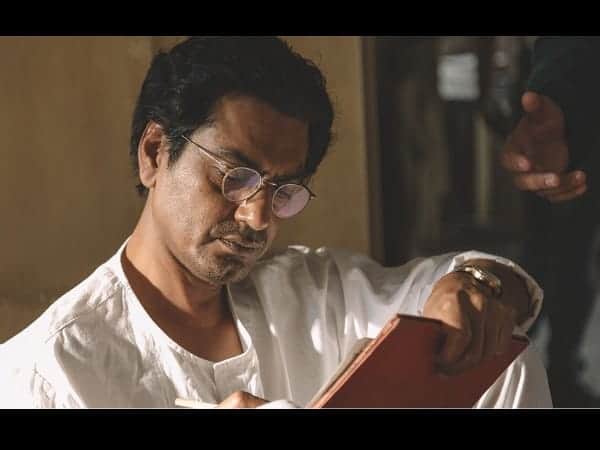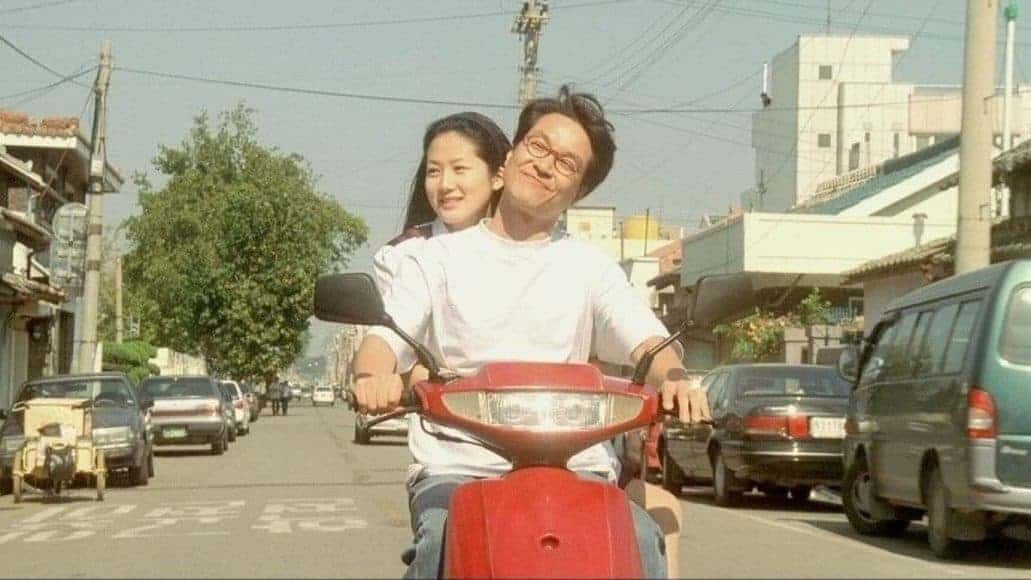The films of Shunji Iwai present a view of the world in an almost dreamlike manner. That said, no matter how stylized his work can be, he's never afraid to offer a raw portrait of reality. The youthful years of people's lives are generally a time of happiness and growth, building memories that, years later, can be looked back on with a happy sense of nostalgia. Yet, the harsh truth is that's heartbreakingly not always the case, and in a country like Japan, issues such as bullying remain a major problem. Combined with experimental filmmaking, Iwai would make a feature following Japanese youth lost in sorrow and partaking in misguided behavior. That harrowing film is “All About Lily Chou-Chou.”
Throughout the 1990s in Japan, music was super popular, and there was a noticeable rise in juvenile delinquency, as was a growing awareness of societal issues, such as bullying, social alienation, and the increasing influence of technology. These elements would influence Shunji Iwai in the form of a serialized internet novel he wrote and published on a website he created titled “Lilyholic,” following a sad youth who seeks comfort in listening to a music artist named Lily Chou-Chou. The inspiration for the fictional singer was Hong Kong actress Faye Wong. The writing piece was experimental and included outside contributions using BBS on the internet. After completing the serialization, Iwai would direct a cinematic adaptation, marking the first Japanese film to be shot with the latest digital camera, the Sony HDW-F900R. “All About Lily Chou-Chou” would be met with mixed to positive reception from audiences and critics, though the movie would begin to garner more favorable opinions with time.
Yuichi Hasumi is a junior high school student overwhelmed by sadness and isolation. He forms friendships but remains in a constant state of sorrow. Through all this, his main form of comfort is listening to the music of singer Lily Chou-Chou. Her songs serve as peaceful escapism for the lead from the cruelty in his life, including bullying, depression, alienation, and crime. One of Yuichi's tormentors happens to be his former friend, Shusuke Hoshino, who, after a near-death experience and dealing with pain in his family life, becomes a cruel bully and gang leader. Through all this, the harsh lives of teenagers are followed within the insensitive society that surrounds them, while the music of Lily Chou-Chou is the primary form of bliss from cruel realities.
“All About Lily Chou-Chou” is a powerful drama that only becomes more tragic as it progresses. There is a brutal reality to what happens in the story. Many teens go through the pain the characters in the narrative experience. The film is disturbing and gets quite violent at points; the activities Shusuke and his gang partake in will certainly chill viewers to the core. Yet, the picture is not shallow exploitation but rather presents a darker side of Japanese society many turs a blind eye to, while weaving a story that, while not always easy to follow, is gripping. The characters are compelling, and Shunji Iwai presents the world as if the audiences are helplessly witnessing a tragedy play out before their eyes.
The film is also thematically rich and full of social commentary. Real issues are addressed, including bullying, depression, loneliness, isolation, suicide and crime. The growing modernization at the time is also significantly shown, such as the use of technology, examples being the internet with online forums and video cameras; the latter being effectively used in an extensive flashback portion of the narrative when the characters go on a vacation trip to Okinawa. Music is also seen as a sanctuary for the teen characters and a way of escaping their insensitive society. One could say “All About Lily Chou-Chou” is perhaps a desperate cry to the world to raise awareness of the movie's upsetting topics rather than continue to turn a blind eye to them.
All the acting is terrific. Many of Japan's most popular stars working today would get their big start here. Hayato Ichihara brings a lot of emotions to his role as Yuichi Hasumi. He is a tragic character and very easy to sympathize with as he struggles with real issues, including bullying, depression, isolation, and loneliness. Opposite to Hasumi's vulnerable nature is Shugo Oshinari's effective portrayal as Shusuke Hoshino, going from an exceptional student to a cruel bully and gang leader whose poor decisions lead him down a dark path, to a point where his horrible judgments completely cloud his mind. In her second collaboration with Shunji Iwai, Ayumi Ito gives a heartbreaking performance as Yoko Kuno, an exceptional pianist and kind individual who unfortunately falls victim to cruel circumstances. Equally superb is Yu Aoi, who plays Shiori Tsuda, who is similarly tormented by Shusuke and becomes a close friend to Yuichi as the narrative progresses.
Regarding sight and sound, “All About Lily Chou-Chou” is a tour de force. The gorgeous camerawork by Noboru Shinoda adds greatly to the movie's atmosphere. The shots of Yuichi listening to music on his headphones while standing in a rice field alone are some of the most iconic images in Japanese cinema. Adding to this is the editing, which further adds to the dreamy nature presented. With that dream-like ambiance, some sequences feel like a blissful paradise, while others are unnervingly nightmarish. Quite impressively, there are also lots of long takes. Takeshi Kobayashi's music is haunting and unforgettable, as are the vocals by singer Salyu, who portrays Lily Chou-Chou in the film. There is also a nice use of the work of French composer Claude Debussy.
Powerful and haunting, “All About Lily Chou-Chou” is an excellent film. It is brilliantly acted, beautifully shot, and has an outstanding soundtrack. However, the movie is certainly not for the faint of heart, as it tackles various dark topics and shows an unapologetic look at youth, full of cruelty and sorrow. Audiences are forced to confront harsh realities and witness the flawed social structures in Japanese society through the eyes of juveniles. Yet, Shunji Iwai also weaves together a feature that is not only bold but emotionally captivating.


